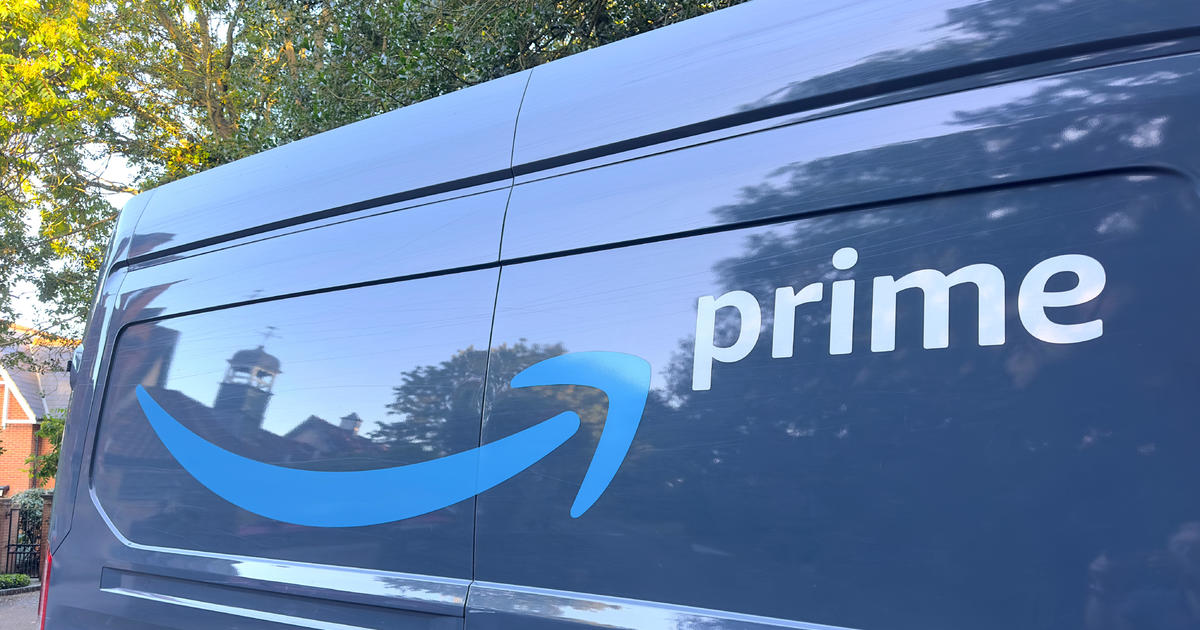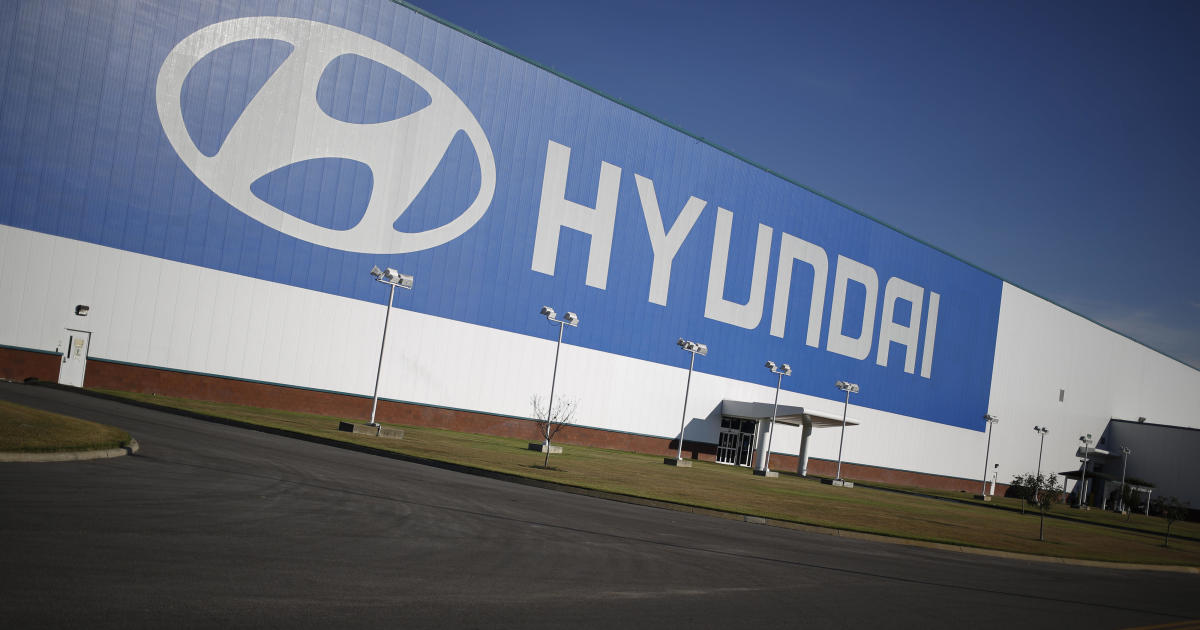$15 minimum wage: Calls mount to make Amazon's move the industry standard
When Walmart said it was raising wages in early 2015, the retailing behemoth may have unwittingly started a trend.
Since then, other big employers have followed suit, and Amazon's decision to hike its minimum pay to $15 an hour starting Nov. 1 may be the tipping point that sets the industry standard going forward, especially if Walmart opts to match Amazon's move.
"We're getting to the place where it becomes a labor-market wide bargaining point," Marshall Steinbaum, research director and fellow at the liberal-leaning Roosevelt Institute, said of the $15 minimum for hourly labor. That notion should also extend beyond the retail or logistics industries involved with Walmart and Amazon, he added.
"Amazon's move is a very big deal," offered Robert Anthony Bruno, a professor at the University of Illinois' school of labor and employment relations. "Labor markets are influenced by the biggest players," added Bruno, who cited General Motors, General Electric and U.S. Steel as companies that moved the wage needle in prior periods.
"Amazon lifts the wage floor -- others will follow," the professor predicted.
Wall Street analysts who follow the retail industry concur with that view.
"Amazon could trigger a round of higher wages across a wide spectrum of retail firms," economists at UBS wrote in a client note.
Deutsche Bank analysts said in a report on Amazon's move: "The implications for the traditional retail industry could be significant, especially given the low unemployment rates as we head into the labor-intensive holiday season, and could force other retailers to potentially pay higher wages."
Less noted in Amazon's wage hike announcement is that the company will no longer give Amazon shares or bonuses to existing warehouse workers. But the fact that Amazon chose $15 an hour reveals it's responding to the political climate more so than economics, said Ben Zipperer, an economist at the liberal Economic Policy Institute.
"We have a tightening labor market, but there really is a resurgence of a workers-rights movement. That's what's driving Amazon to raise to $15 specifically," he told CBS MoneyWatch.
With size allowing them to dominate in the labor markets, employees at corporations like McDonald's, Walmart and Amazon don't always have other options, offered the Roosevelt Institute's Steinbaum. "Workers exerting pressure through activism campaigns can be the sole -- and effective -- source of worker power, since they can't leave for other options that no longer exist," he said.
"We're seeing retail workers, fast-food workers engaged in strikes this week," Zipperer said of ongoing demonstrations by Fight for $15, a coalition of low-income workers that sprung up in 2012 and has since grown into a nationwide organization. It has in part focused on improved pay and working conditions at McDonald's.
Roughly 20 workers were arrested outside a McDonald's in Detroit on Tuesday, followed by another 23 arrests Wednesday in Milwaukee, where about 100 demonstrators massed in front of a McDonald's, which closed its doors and eventually its drive-through service, according to the Milwaukee Journal Sentinel.
One vocal proponent of that movement is Sen. Bernie Sanders, I-Vermont, who applauded Amazon's wage hike but also called out other "profitable corporations" in the fast-food and retail industries for paying poverty-level wages. He specifically named Walmart.
"It's Walmart's turn to lead," Arianna Smith, a Walmart associate in Barstow, California, said in a statement emailed by the Organization United for Respect, or OUR, a nonprofit alliance of low-income workers. "$15 an hour is the new industry standard -- $11 an hour won't cut it."
Walmart, which hiked its hourly pay and benefits in the face of protests more than three years ago, isn't ready to match Amazon and other employers, including Walt Disney and Target, that have targeted $15 as a minimum hourly rate.
"With more than a million associates in the U.S., we continue to make significant investments in the wages, benefits and training we offer. We also offer competitive wages in the markets that we operate in," Walmart said in an emailed statement. "We consistently review where we stand, taking into account many factors, and we will continue to do so."
Target announced its own plan to get to $15, but it phased in the increases through 2020, the Deutsche Bank analysts noted. They added that Amazon's move could make it harder for Target to hire the 120,000 seasonal workers it had planned on this holiday season.
The National Retail Federation's senior vice president of government relations, David French, responded to Amazon's move by saying in an email that the NRF supports "the individual efforts of companies as they compete for talent in a tight labor market, and we hope a misguided trade war doesn't hinder those efforts."



